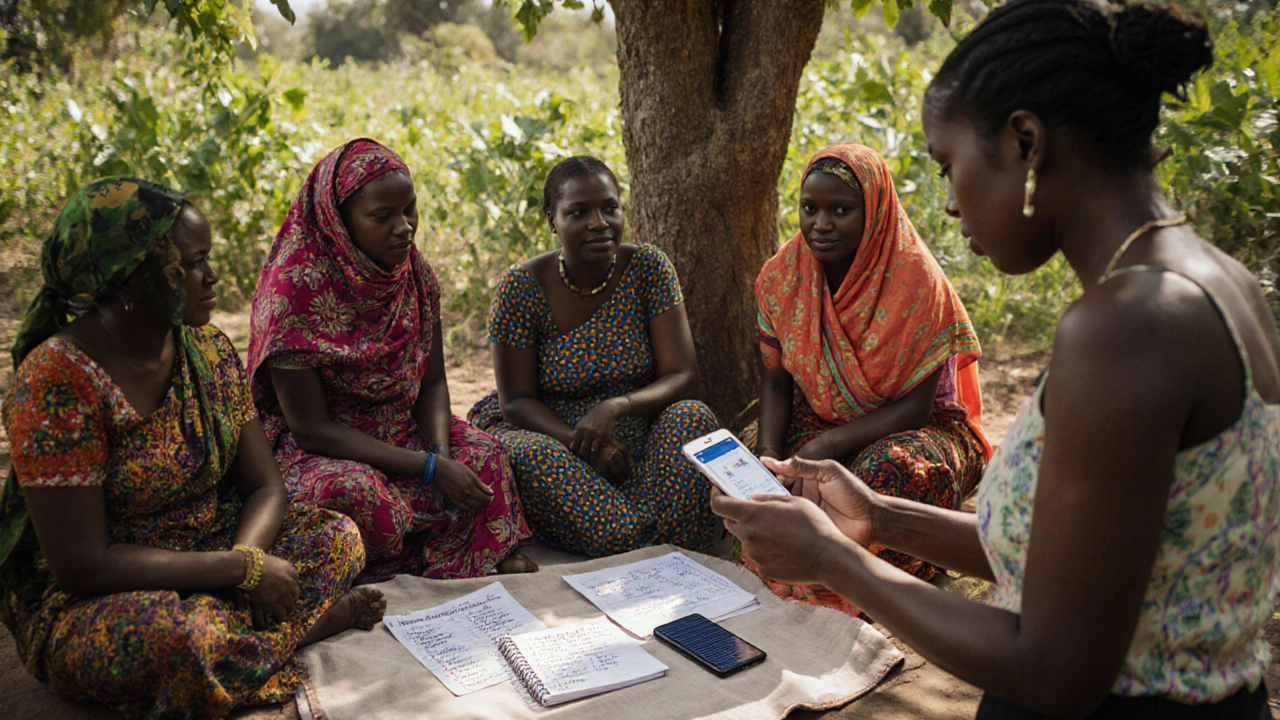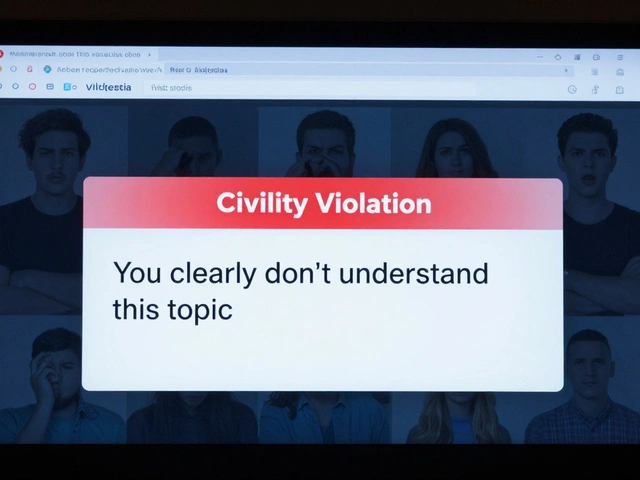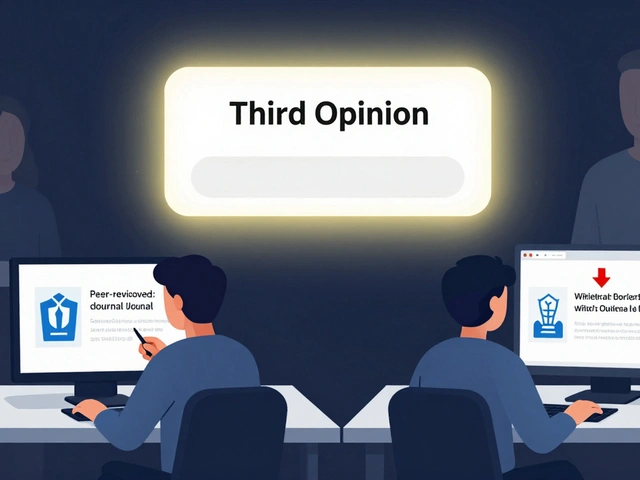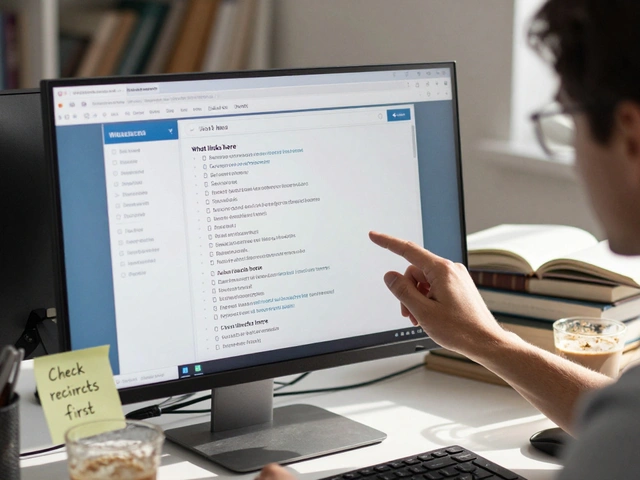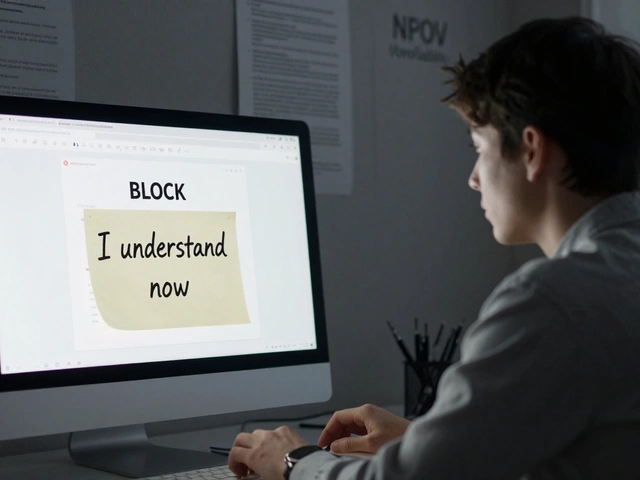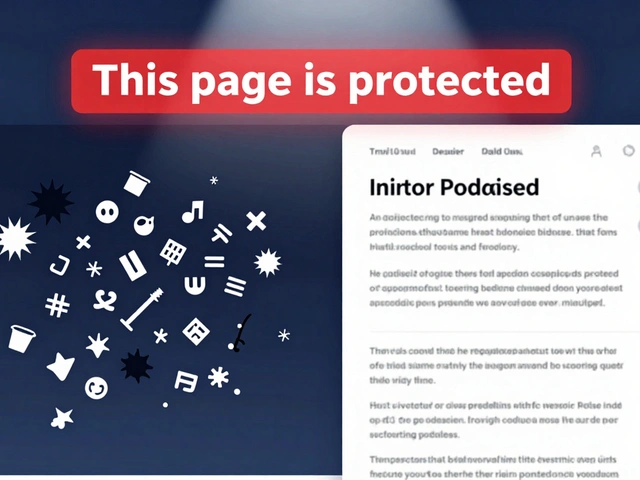Community Projects on Wikipedia: How Volunteers Shape the World's Largest Encyclopedia
When you read a well-researched Wikipedia article, chances are it was shaped by a community project, a volunteer-led group focused on improving content in a specific topic area. Also known as WikiProjects, these groups are the quiet engine behind Wikipedia’s quality—turning rough drafts into reliable, sourced, and polished entries without pay or recognition. Unlike top-down editorial teams, these projects are built by readers who care enough to fix errors, add citations, and fight misinformation—all on their own time.
These WikiProjects, structured teams of editors focused on specific subjects like medicine, history, or African languages aren’t just about writing. They coordinate peer reviews, set quality goals, and even train new editors. The WikiProject COVID-19, a volunteer network that turned Wikipedia into the world’s most trusted real-time source during the pandemic is one example: over 5,000 editors updated articles daily, cross-checked sources, and blocked false claims before they went viral. Meanwhile, African language Wikipedias, community-driven efforts to build encyclopedic knowledge in Swahili, Yoruba, and other local tongues are rewriting how knowledge is shared across continents—not by translating English, but by creating original content rooted in local experience.
Behind every improvement is a human choice. These projects attract all kinds of editors: the meticulous perfectionist who checks every footnote, the global volunteer who adds context from their home country, the retiree who spends hours fixing outdated stats. They don’t need titles or salaries. They need structure—and that’s where collaborative editing, the practice of multiple editors working together using talk pages, guidelines, and consensus comes in. It’s not chaos. It’s a system designed to let anyone contribute, but only if they follow the rules. And when those rules are broken—whether by bias, spam, or bad sources—the community steps in. This isn’t magic. It’s organized effort, repeated millions of times.
What you’ll find below is a collection of stories about how these projects work in practice: how they build quality, protect integrity, and sometimes struggle to survive. You’ll see how a single photo can derail a news article, how elections for Wikipedia’s arbitration committee spark fierce debates, and how AI is starting to interfere with human-driven knowledge. These aren’t abstract ideas. They’re real battles being fought by real people—people who could be you.
How Wikimedia Grants Shape Wikipedia Community Projects
Wikimedia grants empower local communities to build and expand Wikipedia content in underrepresented languages and regions, driving real change in global knowledge access.
